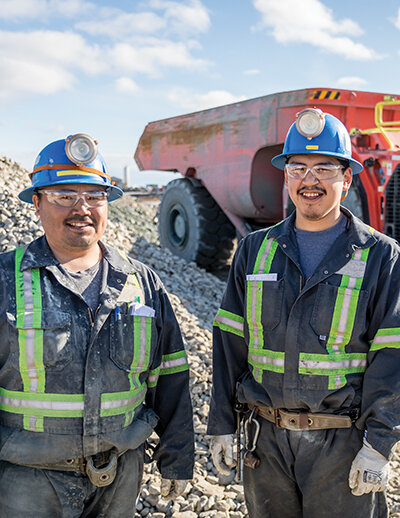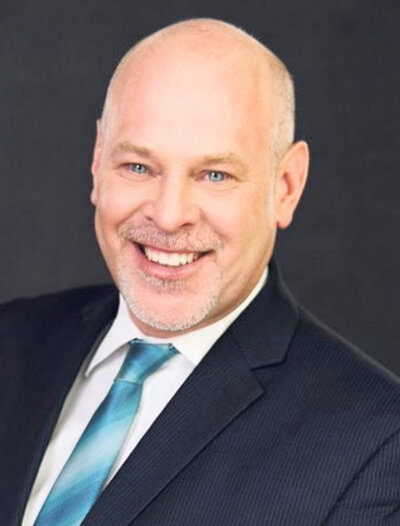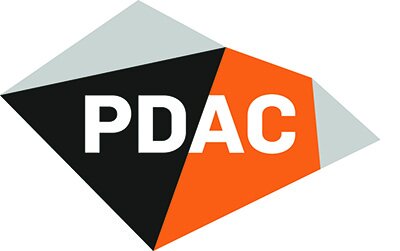Community support vital to mining success
Agnico Eagle Mines has been operating in Nunavut for more than 12 years, working with Inuit associations and organizations, as well as local communities and businesses. supplied
Three years ago, the global professional services firm BDO predicted that by 2020 community support for mining operations – so-called “social licence to operate” – would have greater influence on the success or failure of mining projects than national legislation.
In a report examining the near future of mining, BDO predicted that even if mining companies comply with legislation and have programs to mitigate the impact of their operations, communities around the mining areas will increasingly demand a say in a variety of areas including impact on the environment and agriculture.
That’s precisely what’s happened according to the latest report from consulting firm EY, whose global mining & metals leader Paul Mitchell believes that in spite of the challenges COVID-19 forced on mining companies in 2020, licence to operate (LTO) remains their number one issue in 2021, with 63 per cent of respondents in an EY survey flagging it as a top three risk.
“We expect the issue to become even more important as stakeholders broaden and develop a stronger voice,” he wrote.
As effective engagement becomes even more critical, EY believes miners should consider three tiers of community:
Local communities will have greater expectations around how miners respect Indigenous rights and native title.
National communities may push for a return to resource nationalism, with increased debate around who miners sell to and for what purpose.
Broader community commitment will come into focus as socioeconomic issues are highlighted post-COVID-19. We may see pressure build to provide ownership of assets to communities.
“Miners will need to work with governments and sector associations to help shape the messaging of the societal contribution and value derived from the mining sector,” according to Mr. Mitchell. “There is a real need to rebrand, and with investors looking to understand value beyond the financials, this is key to obtain capital and other sources of funding.”
Pierre Gratton, president and CEO of the Mining Association of Canada (MAC), agrees.
“While Canada’s mining industry has made progress over the years when it comes to its engagement with Indigenous peoples, with nearly 500 signed agreements in communities across the country, we know we can do more. Our sector recognizes that earning the social licence to operate is critical, and this means having the support of Indigenous communities on whose lands our business takes place,” he says.
Mr. Gratton notes that one way the mining sector is prioritizing these relationships is through Towards Sustainable Mining (TSM), a globally recognized program that supports mining companies in managing key environmental and social risks, including focusing on ongoing engagement and respectful relationships with Indigenous communities.
“
Our sector recognizes that earning the social licence to operate is critical, and this means having the support of Indigenous communities. ”
Overseen by a Community of Interest advisory panel, comprised of individuals from Indigenous organizations and governments, environmental organizations and local mining communities among many others, TSM recently introduced a significantly enhanced Indigenous and Community Relationships protocol, he says.
“This protocol is the first known concrete effort on the part of a Canadian industrial sector to address the Truth and Reconciliation Commission’s (TRC) Call to Action directed at corporate Canada, developed with the guidance of the United Nations Declaration on the Rights of Indigenous Peoples,” adds Mr. Gratton.
The protocol demonstrates that the principles of the UN Declaration are core to strong facility-community relationships, including ensuring there is a commitment to aim to achieve free, prior and informed consent for impacts on rights of directly affected Indigenous peoples before proceeding with development, he says.
Felix Lee, president of the Prospectors & Developers Association of Canada (PDAC), says PDAC and its members are well aware that a social licence to operate is paramount when it comes to mineral exploration.
“Promoting responsible exploration practices is a PDAC core tenet,” he says. “PDAC was the first association in the world to develop detailed guidance on how companies can explore responsibly through our e3Plus: A Framework for Responsible Exploration, and deploying the tools outlined in e3Plus can assist individuals and companies in obtaining a social licence to operate.”
Mr. Lee adds that PDAC also supports its members through the annual PDAC Convention, which offers attendees a wealth of content on industry best practices and innovative approaches to engagement.
“For members, attending the PDAC Convention is a direct way to stay on top of leading trends and to engage with stakeholders from around the world to share experiences and bolster relationships,” he says.
Mr. Gratton says ensuring the mining industry has the social licence to operate while progressing the Indigenous relationships that form the backbone of the sector is essential.
“We are committed to doing the work and getting it right,” he adds.
About PDAC
The Prospectors & Developers Association of Canada (PDAC) is the leading voice of the mineral exploration and development community. With over 7,500 members around the world, PDAC’s work centres on supporting a competitive, responsible mineral sector. PDAC is known worldwide for its annual PDAC Convention – the premier international event for the industry – that has attracted over 25,000 people attendees from 135 countries in recent years.
For more stories from this feature, visit globeandmail.com



